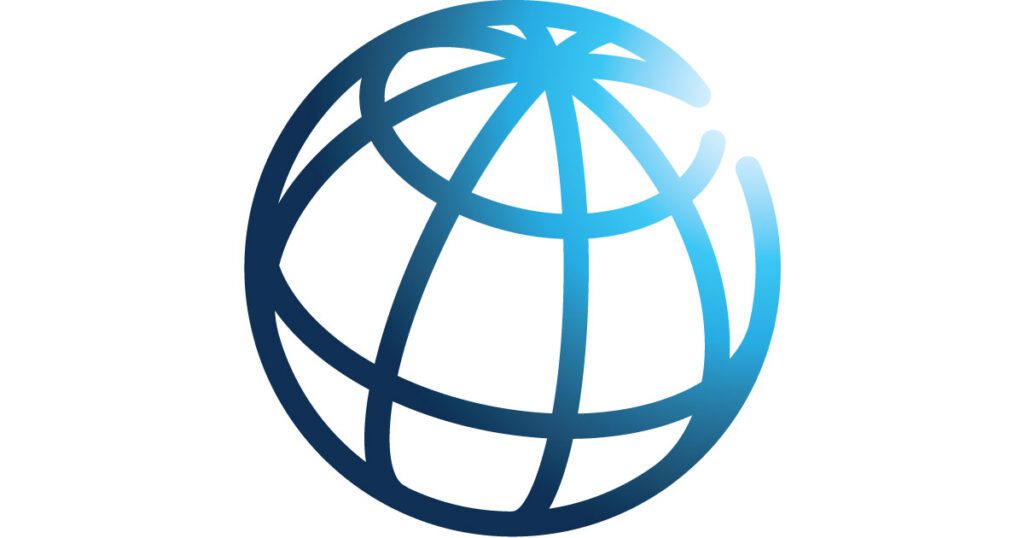DHAKA, March 28, 2024—Bangladesh faces alarming levels of pollution and environmental health risks that disproportionately harm the most vulnerable people – the poor, children under 5, the elderly, and women, says a new World Bank report.
The Bangladesh Country Environmental Analysis (CEA) finds air pollution, unsafe water, poor sanitation and hygiene, and lead exposure cause over 272,000 premature deaths and 5.2 billion days of illness annually. These environmental issues cost the equivalent of 17.6 percent of Bangladesh”s GDP in 2019. Household and outdoor air pollution have the most detrimental effect on health, leading to nearly 55 percent of premature deaths, which alone cost 8.32 percent of GDP in 2019.
“For Bangladesh, addressing environmental risks is both a development and an economic priority. We have seen around the world that when economic growth comes at the cost of the environment, it cannot sustain. But it is possible to grow cleaner and greener without growing slower,” said Abdoulaye Seck, Country Director for Bhutan and Bangladesh. “To sustain its strong growth path and improve the livability of cities and the countryside, Bangladesh simply cannot afford to ignore the environment. Preventing environmental degradation and ensuring climate resilience is critical to stay on a strong growth path and for achieving the country’s vision of becoming an upper-middle-income country.”
Environmental pollution is taking a heavy toll on children. Lead poisoning is causing irreversible damage to children’s brain development, resulting in an estimated annual loss of nearly 20 million IQ points. Household emissions from cooking with solid fuels is a major source of air pollution and affect women and children. Major rivers in Bangladesh have experienced a severe decline in water quality due to industrial discharge and unmanaged waste, including plastics and untreated sewage, among other sources.
Timely and urgent interventions for air pollution control; improved water, sanitation, and hygiene (WASH); and control of lead exposure could prevent over 133,000 premature deaths per year. Investments in cleaner power generation, clean cooking fuels, and stricter controls on industrial emissions can help reduce air pollution.
“With timely and right set of policies and actions, Bangladesh can reverse its environment degradation trend,” said Ana Luisa Gomes Lima, World Bank Senior Environmental Specialist and co-author of the report. “Strengthening and enforcing environmental regulations, coupled with investments and other incentives for clean cooking, scaling up green financing, setting up efficient carbon markets, and raising awareness, can help reduce pollution and achieve green growth in Bangladesh.”
The report identifies environmental priorities, assesses interventions, and includes recommendations to strengthen governance and institutional capacity for environmental management. Bangladesh can protect its environment by setting evidence-based priorities, diversifying and strengthening environmental policy instruments, strengthening institutional capacity, and building an enabling environment for green financing.

